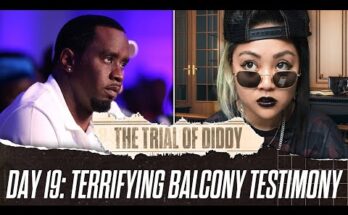By Christine Spines via Word & Film:
In the annals of provocative movie taglines, âWas Shakespeare a Fraud?â ranks right up there with âMeet the Marquis de Sade. The Pleasure Is All His.â Each of these works of marketing haiku was devised to entice and intrigue moviegoers into seeing films about literary transgressors (either on the page or in the sack) â seemingly heady subject matter that might at first glance look more like homework than titillating hot-button entertainment.
Nothing could be further from the case. The latter graced posters for âQuills,â the high-brow biopic, released in 2000, about the notorious eighteenth-century French author whose debauched and depraved writings landed him in an insane asylum. And you may have noticed the former ad copy printed in bold type across posters for âAnonymous,â director Roland Emmerichâs new piece of cinematic controversy kindling based on suspicions that William Shakespeare may not have authored the body of work attributed to his name.
âAnonymous,â which is opening in theaters nationwide, casts the Bard of Avon (Rafe Spall) as a callow and craven opportunist who gladly accepts credit for a library of plays and sonnets ghostwritten by the seventeenth Earl of Oxford, Edward de Vere (Rhys Ifans), a high-class gent who doesnât want to compromise his social standing by outing himself as an ink-stained wretch.
Though this film seems to be a radical departure from Emmerichâs previous special effects extravaganzas â âIndependence Day,â âThe Day After Tomorrowâ â âAnonymousâ contains no shortage of combustible material; only in this case, the explosions have been designed to detonate off camera, in fiery debates among academics, the media, and moviegoers. Already, literary heavyweights like Simon Schama and a raft of Stratfordian Shakespeare scholars have railed against the filmâs claim that the Bard was a fraud, while a group of academics known as the Oxfordians have long held that Shakespeare was an uneducated rube who lacked the sophistication to produce the masterworks attributed to him.
Though âAnonymousâ may only deepen the divide between the two camps, the film has already succeeded in commandeering the cultural conversation by turning the volume up on a centuries-old literary conspiracy theory. Itâs a testament to the power of the pen that literary scandal has become increasingly fertile ground for filmmakers. But donât just take our word for it. Check out the following highlight reel from Hollywoodâs longstanding fascination with disgraced literary stars and scandalous word-slingers.
Via Word & Film:


